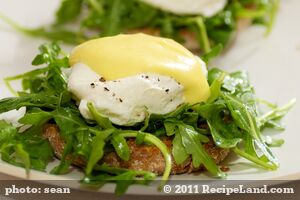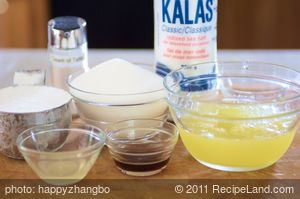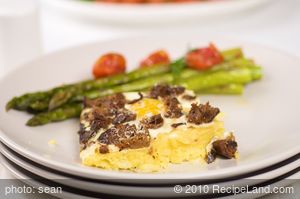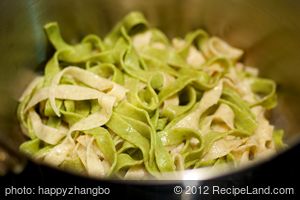Eggs are high in protein and contain all the essential amino acids needed for growth and repair. In addition, they contain vitamin A, omega-3 fatty acids and vitamin E. However, not all eggs are created equal: tests have confirmed that free range eggs (from hens that were allowed to roam free and were not kept in cages) are nutritionally superior and much less likely to be contaminated with disease-causing bacteria such as salmonella. They also taste better, so whenever possible always choose free range eggs.
YIELD
1 servingsPREP
5 minCOOK
3 minREADY
10 minIngredients
Directions
Combine eggs, sea salt and yoghurt in a bowl.
Whisk lightly with a fork until well combined.
Add a small splash of olive oil into a small pan over a low heat - make sure not to overheat the pan as it will result in the eggs becoming tough.
Pour in the egg mixture and stir gently until the eggs start to set and become creamy. Stir in chives.
Serve with fresh avocado, sauteed mushrooms and / or spinach, tomato or any other favourite side.
If using toast, opt for high-fibre whole grain bread.
Adapted from thehealthychef. com
Comments



